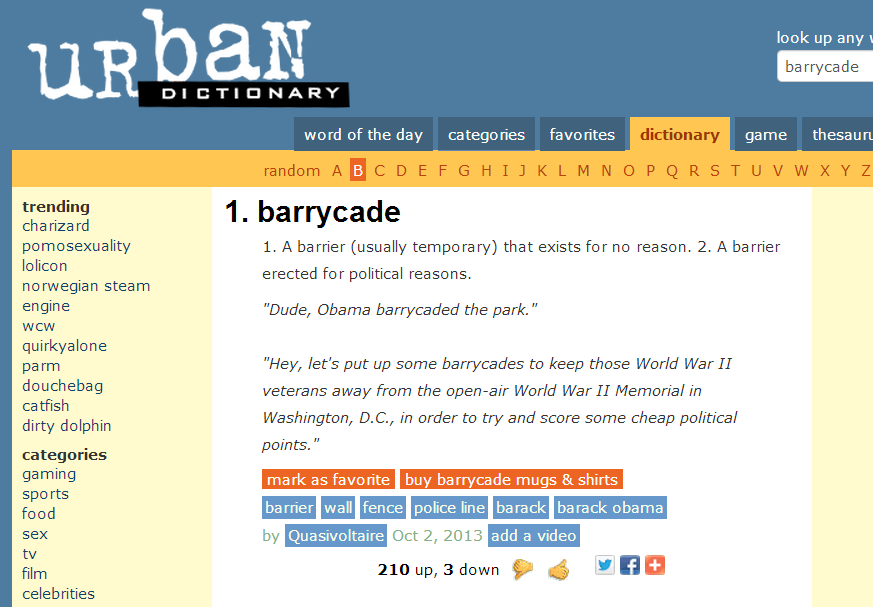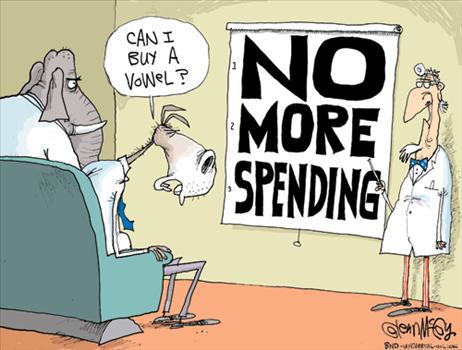ANIMAL GROUP (Collective Names)
Antelope: A herd of antelope
Ant: A colony or An army of ants
Ape: A shrewdness of apes
Baboons: A troop of baboons
Bacteria: A culture of bacteria
Badger: A cete of badgers
Bass: A shoal of bass
Bear: A sleuth or sloth of bears
Beaver: A colony of beavers
Bee: A swarm, grist or hive of bees
Bird: A flock, flight, congregation or volery of birds
Boar: A sounder of boars
Buffalo: A herd of buffalo
Buck: A brace or clash of bucks
Caterpillar: An army of caterpillars
Cat: A clowder or clutter of cats
Cattle: A herd or drove of cattle
Chicken: A brood or peep of chickens
Chicks: A clutch or chattering of chicks
Clam: A bed of clams
Cobra: A quiver of cobras
Cockroach: An intrusion of cockroaches
Colt: A rag of colts
Cow: A kine of cows (twelve cows are A flink)
Coyote: A band of coyote
Crane: A sedge or siege of cranes
Crocodile: A float of crocodiles
Crow: A murder of crows
Cub: A litter of cubs
Curlew: A herd of curlews
Cur: A cowardice of curs
Deer: A herd of deer
Dog: A pack of dogs
Donkey: A herd or pace of asses
Dove: A dule of doves
Duck: A brace, paddling or team of ducks
Elephant: A herd of elephants
Seal: A pod of elephant seals
Elk: A gang of elks
Emus: A mob of emus
Ferret: A business or flensing of ferrets
Finches: A charm of finches
Fish: A school, shoal, run, haul, catch of fish
Fly: A swarm or business of flies
Fox: A skulk or leash of foxes
Frog: An army or colony of frogs
Geese: A flock, gaggle or skein (in flight) of geese
Giraffe: A tower of giraffes/giraffe
Gnat: A cloud or horde of gnats
Goat: A herd, tribe or trip goats
Goldfince: A charm of goldfinches
Gorilla: A band of gorillas
Goldfish: A troubling of goldfish/goldfishes
Greyhound: A leash of greyhounds
Hare: A down or husk of hares
Hawk: A cast or kettle of hawks
Hen: A brood of hens
Heron: A hedge of herons
Hippopotamus: A bloat of hippopotamuses /hippopotami
Hog: A drift, or parcel of hogs
Horse: A team, pair or harras of horses
Hound: A pack, mute or cry of hounds
Jellyfish: A smack of jellyfish
Kangaroo: A troop or mob of kangaroos
Kitten: A kindle or litter of kittens
Lark: An ascension or exaultation of larks
Leopard: A leap (leep) of leopards
Lion: A pride of lions
Locust: A plague of locusts
Magpie: A tiding of magpies
Mallard: A sord of mallards
Mare: A stud of mares
Marten: A richness of martens
Mole: A labour of moles
Monkey: A troop of monkeys
Moose: A herd of moose
Mouse: A mischief of mice
Mule: A barren or span of mules
Owls: A parliament of owls
Otter: A romp of otters
Oxen: A yoke, drove, team or herd of oxen
Oyster: A bed of oysters
Parrot: A company of parrots
Partridge: A covey of partridges
Peacock: A muster, pride or ostentation of peacocks
Peep: A litter of peeps
Penguin: A colony,parcel or huddle of penguins
Pheasant: A nest, nide (nye) or bouquet of pheasants
Pigeon: A flock or flight of pigeons
Pig: A litter of pigs
Plover: A wing or congregation of plovers
Pony: A string of ponies
Porpoise: A pod of porpoises
Quail: A covey or bevy of quail
Rabbit: A nest of rabbits
Rat: A pack or swarm of rats
Rattlesnake: A rhumba of rattlesnakes
Raven: An unkindness of ravens
Rhino: A crash or herd of rhinos
Roebuck: A bevy of roebucks
Rook: A building or clamour of rooks
Seal: A herd or pod of seals
Sheep: A drove or flock of sheep
Snake: A nest of snakes
Snipe: A walk or wisp of snipe
Sparrow: A host of sparrows
Squirrel: A dray or scurry of squirrels
Starling: A murmuration of starlings
Stork: A mustering of storks
Swallow: A flight of swallows
Swan: A bevy, herd, lamentation or wedge of swans
Swift: A flock of swifts
Swine: A sounder or drift of swine
Teal: A spring of teal
Tiger: A swift or ambush of tigers
Toad: A knot of toads
Trout: A hover of trout
Turkey: A rafter of turkeys
Turtledove: A pitying or dule of turtledoves
Turtle: A bale of turtles
Walrus: A pod of walrus
Whale: A school, gam or pod of whales
Viper: A nest of vipers
Wolf: A pack or route of wolves
Woodcock: A fall of woodcocks
Woodpecker: A descent of woodpeckers
Zebra: A herd,zeal or dazzle of zebras

